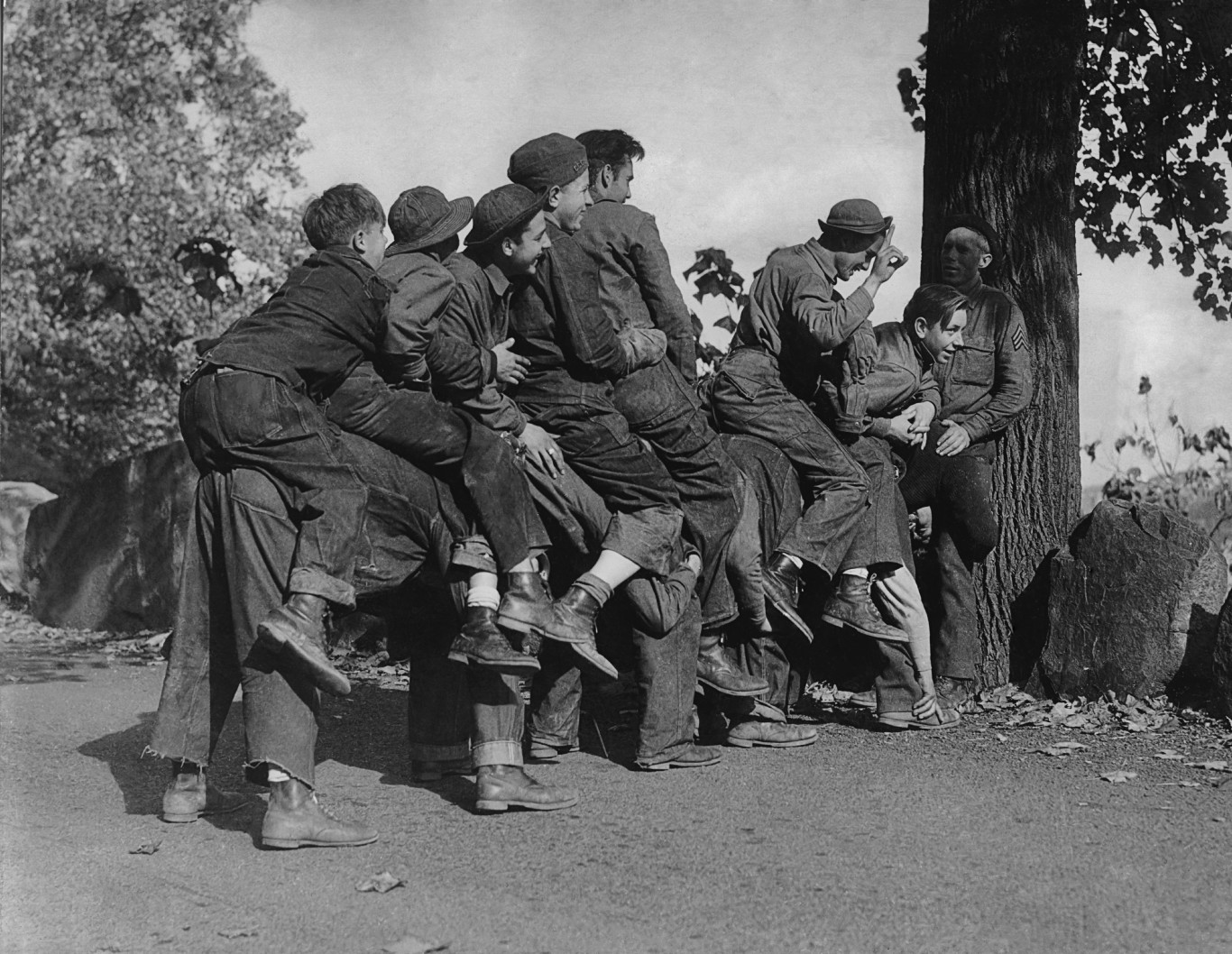There are some 780,000 police and detectives in the United States. That number is expected to climb by 5%, or 41,400, between now and 2022. These jobs pay fairly well, but the stress that goes with them is high. Based on government data about the jobs, people in the profession apparently sometimes fall short of expectations. At least that is true based on the behavior of some officers.
According to the Bureau of Labor Statistics, not all police and detectives are well educated, at least by the standards of many other professions:
Education requirements range from a high school diploma to a college, or higher, degree. Most police and detectives must graduate from their agency’s training academy before completing a period of on-the-job training. Candidates must be U.S. citizens, usually at least 21 years old, and able to meet rigorous physical and personal qualifications.
These jobs also have a number of drawbacks:
Police and detective work can be physically demanding, stressful, and dangerous. Police officers have one of the highest rates of injuries and illnesses of all occupations. Working around the clock in shifts is common.
ALSO READ: 10 Disappearing Middle-Class Jobs
Among the advantages of these jobs is that many police forces have been created as hierarchies:
Police officers usually become eligible for promotion after a probationary period. Promotions to corporal, sergeant, lieutenant, and captain usually are made according to a candidate’s position on a promotion list, as determined by scores on a written examination and on-the-job performance. In large departments, promotion may enable an officer to become a detective or to specialize in one type of police work, such as working with juveniles.
However, police officers have some skills that cannot be taught, at least not to everyone who joins the profession:
Communication skills. Police and detectives must be able to speak with people when gathering facts about a crime and to express details about a given incident in writing.
Empathy. Police officers need to understand the perspectives of a wide variety of people in their jurisdiction and have a willingness to help the public.
Good judgment. Police and detectives must be able to determine the best way to solve a wide array of problems quickly.
Leadership skills. Police officers must be comfortable with being a highly visible member of their community, as the public looks to them for assistance in emergency situations.
Perceptiveness. Officers must be able to anticipate another person’s reactions and understand why people act a certain way.
Physical stamina. Officers and detectives must be in good physical shape, both to pass required tests for entry into the field, and to keep up with the daily rigors of the job.
Physical strength. Police officers must be strong enough to physically apprehend offenders.
The “good judgment” mark is one that has been missed a number of times recently.
ALSO READ: Cities Where Crime Is Plummeting
Get Ready To Retire (Sponsored)
Start by taking a quick retirement quiz from SmartAsset that will match you with up to 3 financial advisors that serve your area and beyond in 5 minutes, or less.
Each advisor has been vetted by SmartAsset and is held to a fiduciary standard to act in your best interests.
Here’s how it works:
1. Answer SmartAsset advisor match quiz
2. Review your pre-screened matches at your leisure. Check out the advisors’ profiles.
3. Speak with advisors at no cost to you. Have an introductory call on the phone or introduction in person and choose whom to work with in the future
Thank you for reading! Have some feedback for us?
Contact the 24/7 Wall St. editorial team.




